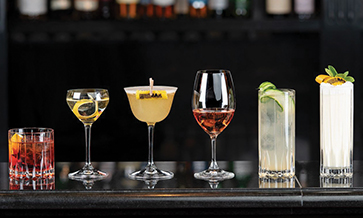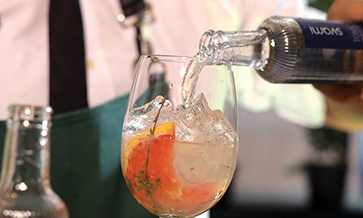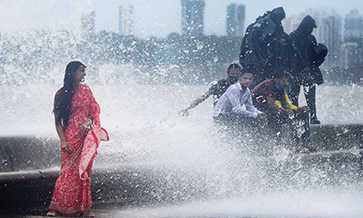With alcohol being a subject in the State List under the 7th Schedule of the Constitution of India, the laws governing alcoholic beverages vary from state to state. And governments continue to have an ambivalent attitude towards the subject of liquor.
The public posturing has always been in support of prohibition. At the same time the liquor industry continues to be the milch cow that provides much-needed revenue. The recent hike of budgetary duties on alcohol in the state of Karnataka, where the coffers have depleted alarmingly, is a case in point.
The ‘legal drinking age’ (LDA) in the country and the laws that regulate the sale and consumption of alcohol also vary significantly in different states. In India, consumption of alcohol is prohibited in the states of Bihar, Gujarat and Nagaland, as well as the Union Territory of Lakshadweep. There is a partial ban on sale of alcohol in some districts of Manipur.
All Indian states permit alcohol consumption, but fix an LDA, which ranges at different ages per region. In some states, the legal drinking age can be different for different types of alcoholic beverage!
Uneven laws
Liquor in India is generally sold at liquor stores, restaurants, hotels, bars, pubs, clubs and discos. Some states, such as Kerala and Tamil Nadu, prohibit private entities from owning liquor stores, making the state government the sole retailer of alcohol in their regions.
In some states, liquor may be sold at groceries, departmental stores, banquet halls and/or farmhouses. Some tourist areas have special laws allowing the sale of alcohol on beaches and houseboats.
Recently Madhya Pradesh, in an overt attempt to increase revenue, published a new excise policy allowing online supply of liquor. Showing a more cautious approach, Punjab has decided to start “on an experimental basis” online sale and delivery of liquor starting with the city of Mohali.
With Maharashtra adopting a similar line, it does not require a soothsayer to predict that other states will soon follow suit. But how they will tackle the issue of LDA?
Delhi, being the national capital, is probably the most high-profile states in the country. Archaic, arbitrary and dated rules govern the consumption of alcohol here; and the whimsical interpretation of the rules by overzealous bureaucrats is always under the media glare and public scrutiny.
According to reports, about 67% of the population in the age group of 18-25 years purchased alcohol from liquor vends, but are never asked for proof of age.
Meanwhile, home delivery of alcoholic beverages continues to be illegal in the Delhi. However, home delivery of beer and wine by private vendors and departmental stores is permitted.
Court verdict
The ambiguity in the rules was highlighted recently with the contentious issue of LDA being taken to court. The High Court was hearing a plea seeking information on what steps the Delhi government has taken towards prohibiting and regulating the sale and supply of alcohol to persons under the age of 25 years in the National Capital Territory.
The issue was finally set to rest with the court passing the verdict dismissing the petition to quash Section 23 of Delhi Excise Act, 2009, on the ground that it prescribes 25 years as the legal age for buying and drinking alcohol in Delhi.
In a relief to many youngsters, the court ruled that the Delhi Excise Act, which had criminalised their behaviour till now, only prohibits sale of alcohol to people below the age of 25 – it does not define the minimum prescribed age for drinking liquor.
“The age of drinking has nothing to do with the prohibition imposed by the Delhi government under the Excise Act. We see no reason to quash Section 23 of the Act which prohibits a licensee to sell or deliver liquor to a person of less than 25 years of age,” said a bench of Chief Justice D.N. Patel and Justice C. Hari Shankar.
The bench further said: “The petitioner has assumed that it is the age of drinking. It is a wrong notion in the mind of the petitioner. We see no reason to quash the said section. There is no substance in the petition and, therefore, it is dismissed.”
In an Interesting twist, the court opined that the LDA is for selling (retail) and serving (bars). A license holder cannot sell/serve alcohol to any person below the age of 25; but the law does not prevent a consumer below that age from drinking.
Lawyers privy to the case categorically state that no other provision of the Delhi Excise Act specifies the minimum age of consuming alcohol in the national capital.














